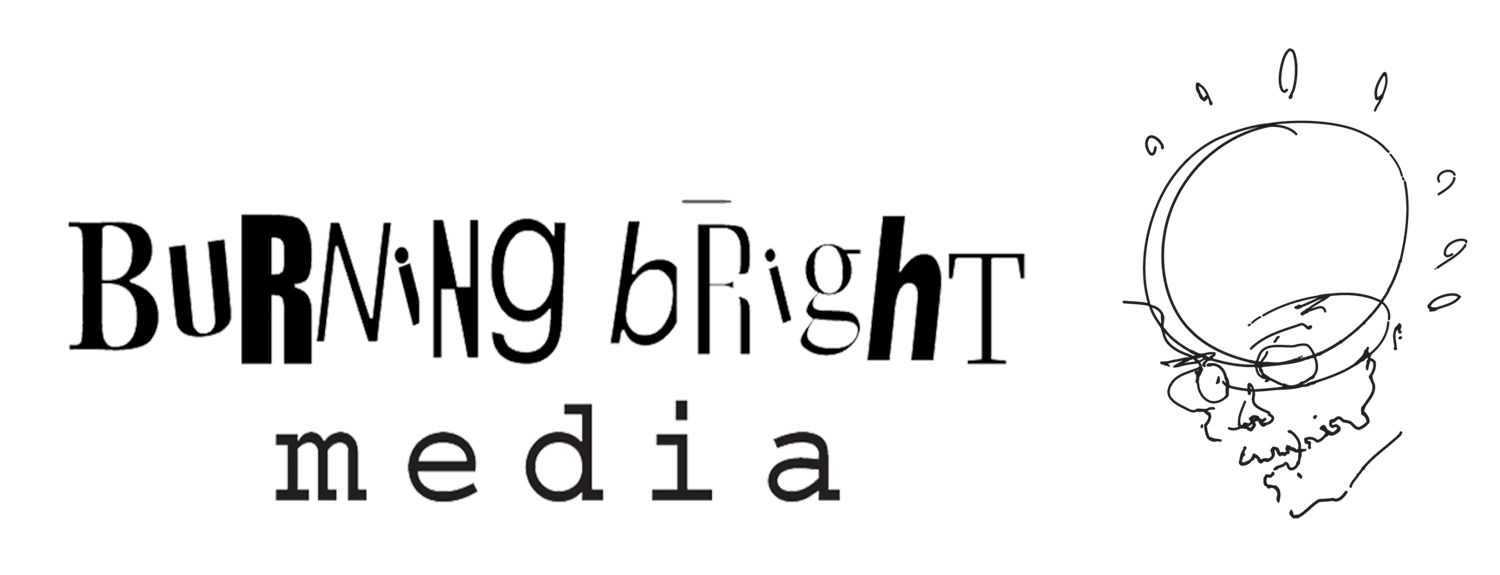What if we were to say that any American citizen not allowed to vote in American elections did not have to pay taxes. After all that was one of the main ignitors of the Revolutionary War. “Taxation without representation is tyranny!” James Otis, Jr. exclaimed in his oration he delivered to Boston’s Town House on February 24th, 1761. John Adams, the nation’s second president later went on to explain that speech given by James Otis, Jr. was the moment a nation was born.
In 2016 there were 5.85 million American citizens not allowed to vote because at some point in their life they had been convicted of a felony. I start to wonder why anyone would feel the need to speak up about the voting rights of felons. After all they are the ones who put themselves in this position. We all know if you get convicted of a felony it will affect your right to vote. We do not want criminals affecting our political system.
I was convicted of a felony when I was 18 years old. It was drug and alcohol related and for what I did I was wrong. It did give me a look into the legal system. How charges are piled against a defendant in hopes you take a quick plea deal, so they can move onto the next case. The empty feeling you get as you hear the clanking of your cell door closing for the first time. The fear, the desperation, the coldness…I would’ve said anything at that time if it meant I was able to go home.
My experience with the legal system was one of economic status. I was guilty of something, but was it a felony? If I had money for an attorney, would I have been able to plead to a misdemeanor or maybe bring it to trial? Maybe if I had different resources I could have posted bail, enter drug and alcohol rehab and appear before the judge with recorded sobriety. From my experience, if you have these resources the judicial system will work differently for you.
Not only have I experienced the process of paying my debt to society through the judicial system, I have experienced the recovery process of who I was and who I’ve become since. It’s been 23 years, I’m a father, I’m a husband, I’m a small business owner. People today are surprised when they hear my story. I am comfortable and happy to say the person I was 23 years ago is not the person I am today. At some point my debt was paid to society. I’m a tax paying American citizen who votes in every election.
In my home state of Colorado felons can register to vote once they have satisfied all conditions of their original sentence. The county clerk of Jefferson County once explained to me the purpose of the law is so the state does not have to execute a voting system to inmates currently serving a sentence, but once all conditions of one’s sentence is complete there are no restrictions on a convicted felon to vote. However, in several states like Florida, Kentucky, Iowa and Virginia felons will never regain their right to vote unless their privilege is restored by the governor or a clemency board. Other states have circumstantial voting laws. In these states voting privileges can depend on the type of felony conviction, maybe there is a time period before voting rights are restored, maybe there is a time period and then you have to ask for your voting rights to be restored. Whatever it is I’m failing to see the purpose in disenfranchising any voter.
This issue is not a national security matter, it’s not a matter that disturbs anyone’s safety. Allowing felons to freely vote in all elections does not jeopardize the integrity of the elections. So, what is the purpose of disenfranchising felon voters? Perhaps a lifetime of punishment, a constant reminder that you’re not good enough and we’re better than you. The disenfranchisement never allows a person to fully pay their debt to society, it never allows this person a time in their life to realize they have changed and that person of old isn’t who they are today. Anytime someone places a judgement for a wrong deed another person has committed, they also must open the door to forgiveness for the wrong deed that person has committed.
James Otis, Jr. once said, “My dear sister, I hope, when God Almighty in his righteous providence shall take me out of time into eternity, that it will be by a flash of lightning.” A quote that reminds me of the fragile time we have here on planet earth. We don’t have enough time here to not forgive people’s debts. We are much stronger together as humans than we are dividing and conquering each other. On May 23rd, 1783 while staying at a friend’s house in the country side, James Otis, Jr. stepped out onto the front porch to watch a thunderstorm and was struck dead by lightning.
